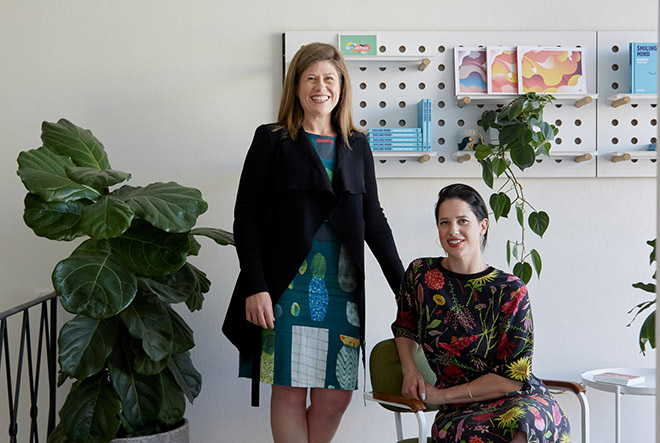Personal and social capabilities teaching lacking in Australia

Despite the importance of mental wellbeing, a majority of teachers don’t feel equipped or supported to teach personal and social capabilities with two in five (41%) believing they lack adequate resources and support to introduce mindfulness to their students.
This is despite the fact that starting the process young is paramount, with half of all mental illness having its onset by the age of 12 and 1 in 7 Australian primary and 1 in 4 secondary students suffering from a mental illness every year.
A survey of 500 Australian teachers conducted by Smiling Mind found that teachers believe they are insufficiently supported to teach mindfulness techniques effectively, despite 93% saying it was a high priority for them. They cited a lack of funding (28%), that it was not a priority for their school (27%), or that their school simply doesn’t know where to access resources and support (22%) as reasons for the situation.
Half (50%) of the teachers said their school does not have a comprehensive plan to support student wellbeing and the development of personal and social capabilities and 36% of teachers had received little or no training in developing personal and social capabilities in students. Further, 27% of teachers rated their level of understanding of the teaching requirements for these capabilities as below average.
Mindfulness is an evidence-based and proactive approach to support the development of personal and social skills. Research indicates that mindfulness practice can result in a range of benefits including emotion awareness and self-regulation, increased concentration and attention, reductions in classroom disruptions and disruptive behaviour and increased executive functioning in students. Mindfulness has also been linked with improved academic outcomes for students.
Dr Addie Wootten, CEO of Smiling Mind said, “Almost all teachers surveyed said that student wellbeing and the development of personal and social capabilities was a high priority for them. Many of them understand these capabilities will not only help children academically, but also emotionally and mentally. They are critical in ensuring our children can grow up to be happy, healthy and productive adults.
“Despite general capabilities playing a significant role in the Australian Curriculum, unfortunately not much progress has been in made in terms of supporting teachers in this area. That is why we developed The Mindfulness Curriculum, which uses mindfulness to teach and assess these skills. As well as helping develop important social and emotional skills, mindfulness has been proven to support learning – helping to settle and focus students, and develop important cognitive skills such as attention, concentration and memory,” she said.
As an indication of interest in the area Smiling Mind has seen a 70% increase in the number of teachers accessing their resources – now more than 49,000 educators using the Smiling Mind resources in schools across the country.
Tip Kennedy, Principal at Richmond West Primary School agreed with this sentiment and said, “Supporting student wellbeing is one of the most important parts of our work as teachers but with conflicting school priorities it is often under resourced and not given the time needed.”
Wootten continued, “Smiling Mind was founded on the principle that young people could benefit from access to regular mindfulness practice. We know there is strong scientific evidence that mindfulness can make a significant and positive impact on a person’s mental health.
“Our schools program is an important part of our strategy to reach five million kids by 2021. So far we have reached 1.225 million young people and 49,000 educators, and we hope to reach many more as we develop our new blended online learning program.”